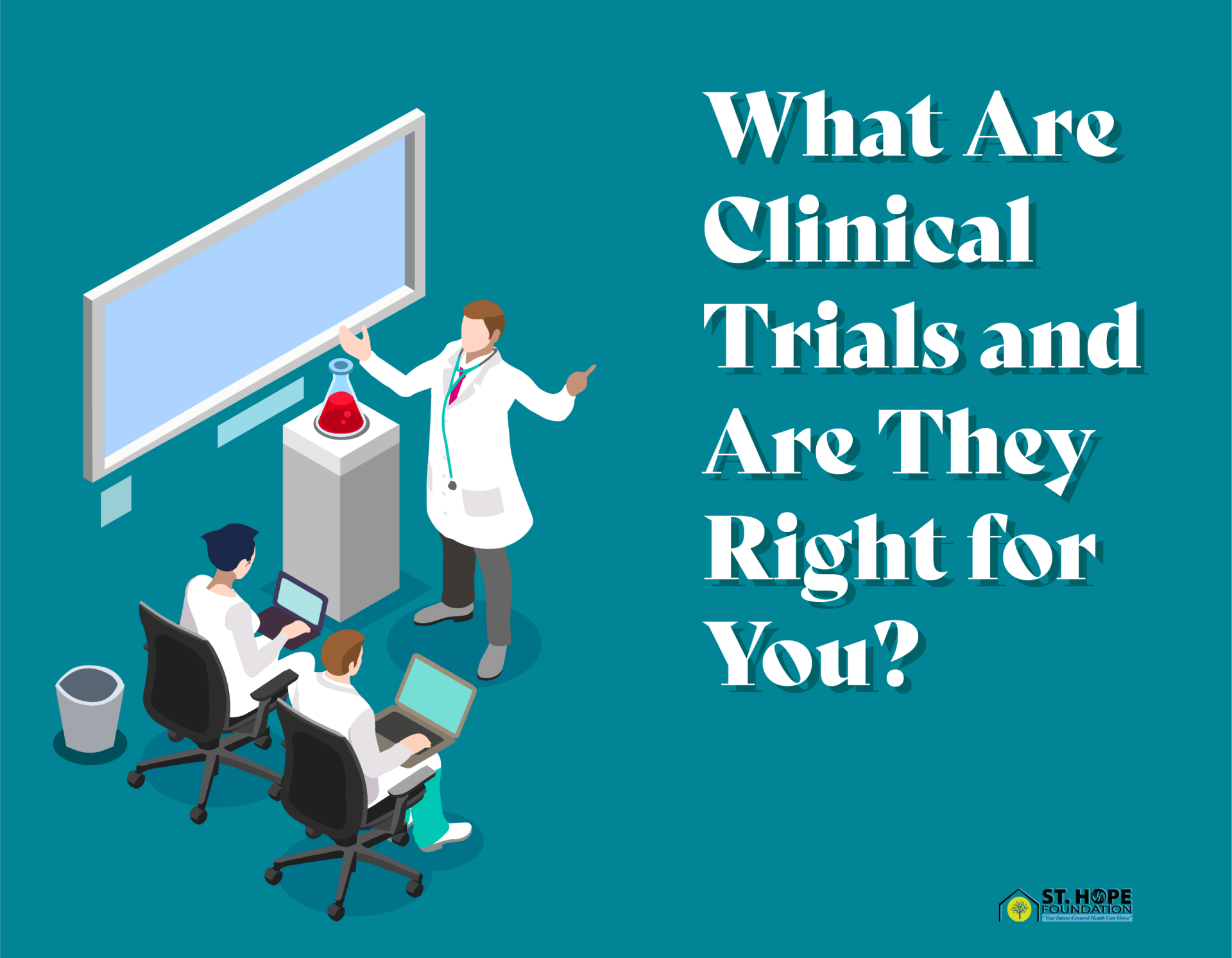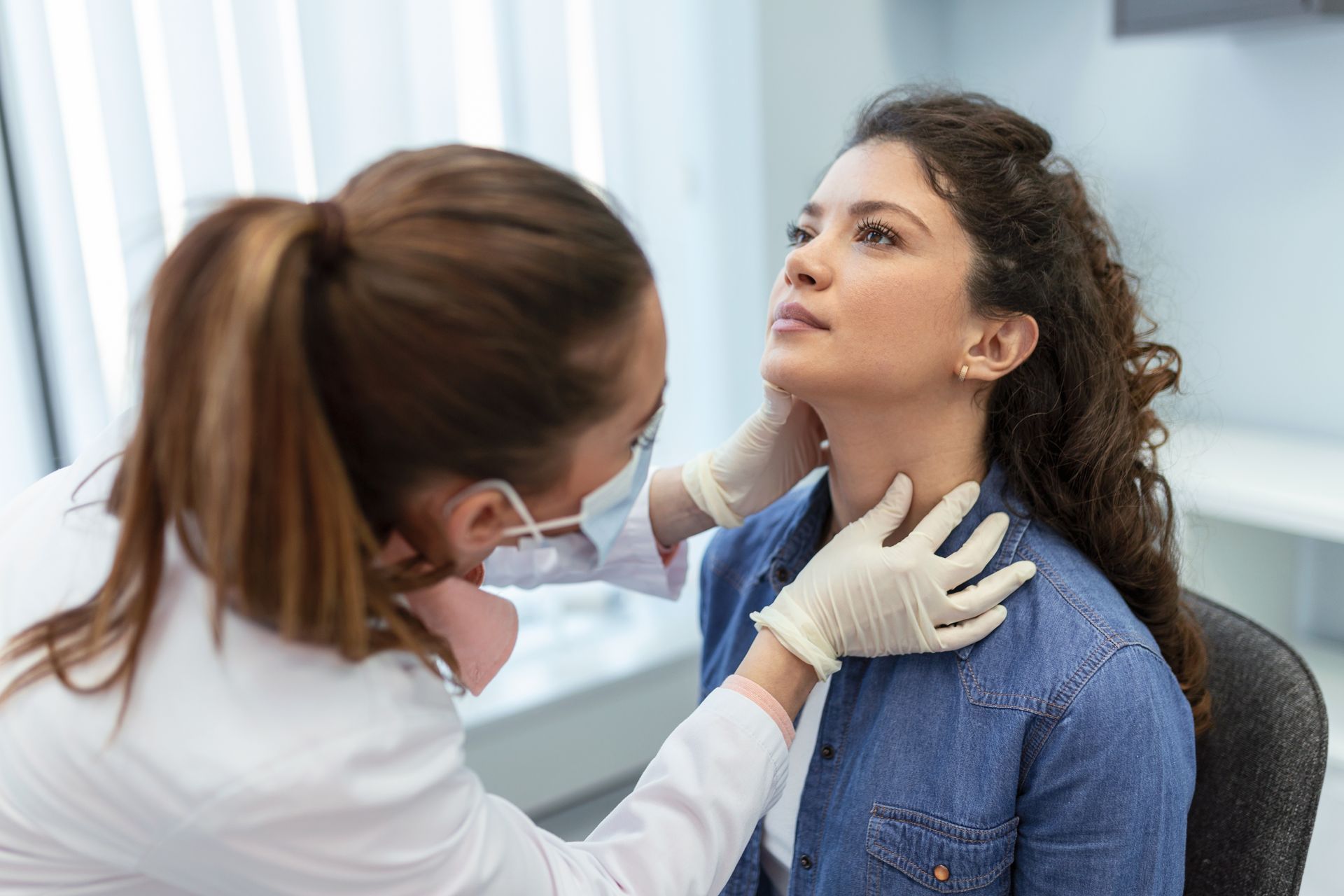Recent Posts
Types of Clinical Trials and How Joining Them May Be the Right Decision for You

Clinical trials are research studies that test how well new medical treatments, medical devices and interventions work for participants. They are an important way to find out whether a new treatment is safe and effective before it’s introduced to the public. If it wasn’t for patient participation in clinical trials, we wouldn’t have the many modern drugs and devices used to prevent and treat various diseases and medical conditions.
Participation in clinical trials is completely voluntary, meaning it’s up to you whether you want to join a trial. Participants can leave it at any time without any repercussions.
If you’re interested in new ways of exploring your condition or would like to help others by contributing to medical research, participating in a clinical trial may be right for you. Patients might also be encouraged to participate in a trial by their physician or a specialist if their condition isn’t being adequately treated or managed by currently accepted methods.
It’s generally a good idea to discuss the potential benefits and risks of participating in a clinical trial with your doctor before enrolling.
Who Can Participate in Clinical Trials?
Eligibility criteria for participating in clinical trials vary from study to study. However, in general, volunteers for clinical trials must be in good health and meet certain age and condition criteria specified by the study organizers. Your medical history may also play a role in your acceptance (for example, trial organizations may be looking for people with a congenital predisposition to a specific condition or those who have an intolerance or allergy to current medications or resistance to existing treatments for your condition).
Some clinical trials are open to anyone who is interested in participating. Other clinical trials are open only to people who have a specific condition or disease. For example, a clinical trial for a new cancer treatment might be open only to people who have cancer.
What Are the Main Types of Clinical Trials?
There are many types of clinical trials, but they can generally be grouped into one of five categories:
- Treatment:
Testing new treatments, drugs and approaches to medical procedures
- Diagnostic: Testing improved methods and procedures for diagnosing diseases and medical conditions
- Prevention:
Finding new ways of preventing diseases through drugs, vaccinations or lifestyle changes
- Supportive care:
Examining procedures to improve comfort and quality of life for chronically or terminally ill patients
- Screening: Researching new ways to test and diagnose diseases and health conditions
Benefits of Participating in Clinical Trials
There are many benefits of participating in a clinical trial. Some of the benefits include:
- Accessing new treatments before they are available to the general public (this can be especially meaningful if you’re suffering from a chronic or life-threatening disease)
- Having the chance to receive a treatment that works for you and helps you recover from illness
- Learning more about your disease or medical condition
- Receiving free or subsidized health check-ups and medical care during the trial
- Receiving the latest information about the trial and the treatment
- Receiving expert medical care from a clinical trial team, which may include doctors, nurses and social workers
- Helping others by contributing to the development of new drugs and treatments
Can I Be Compensated for Participating in a Clinical Trial?
Compensation for participating in a clinical trial can vary from trial to trial. Some clinical trials may offer participants monetary compensation for their time and effort, while others may not.
It’s always important to consult with the clinical trial team to learn more about what compensation, if any, is offered.
How Long Do Clinical Trials Last?
Clinical trials typically last around six months, but this may vary depending on the nature of the trial. Before you enroll in a clinical trial, make sure to find out how long you’re required to participate.
Are You Interested in Helping Advance Medical Research and Improve Lives?
If you are interested in participating in a clinical trial in Houston, browse the St. Hope Foundation website to find trials that may be a good fit for you.
Before you enroll in a trial, it’s best to discuss the risks with your primary care physician. The doctors at St. Hope would be happy to discuss your treatment options and provide a second opinion on the wisdom of participating in a particular trial.
To learn more, call (713) 778-1300 or send us a message.









